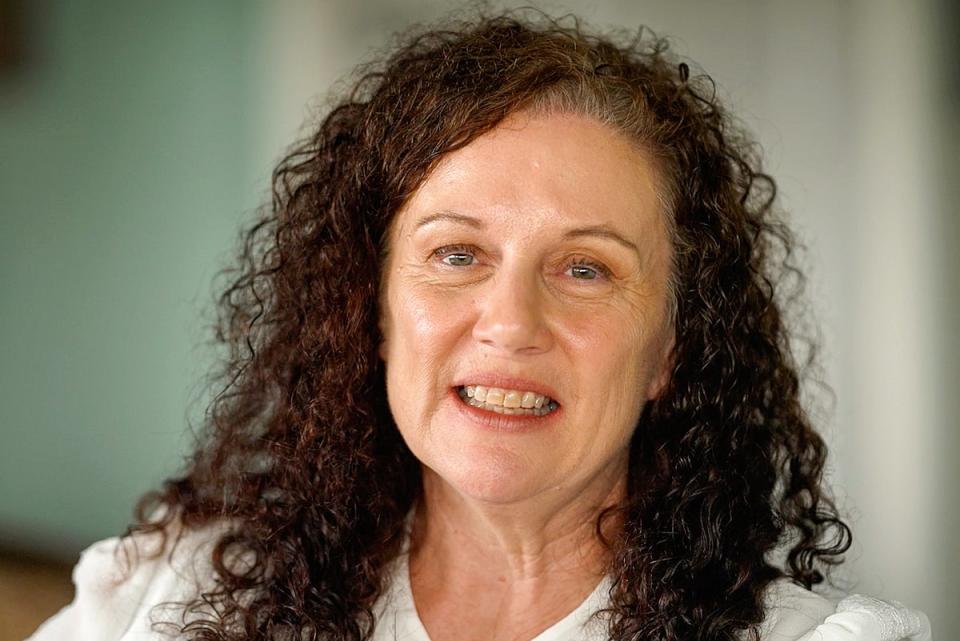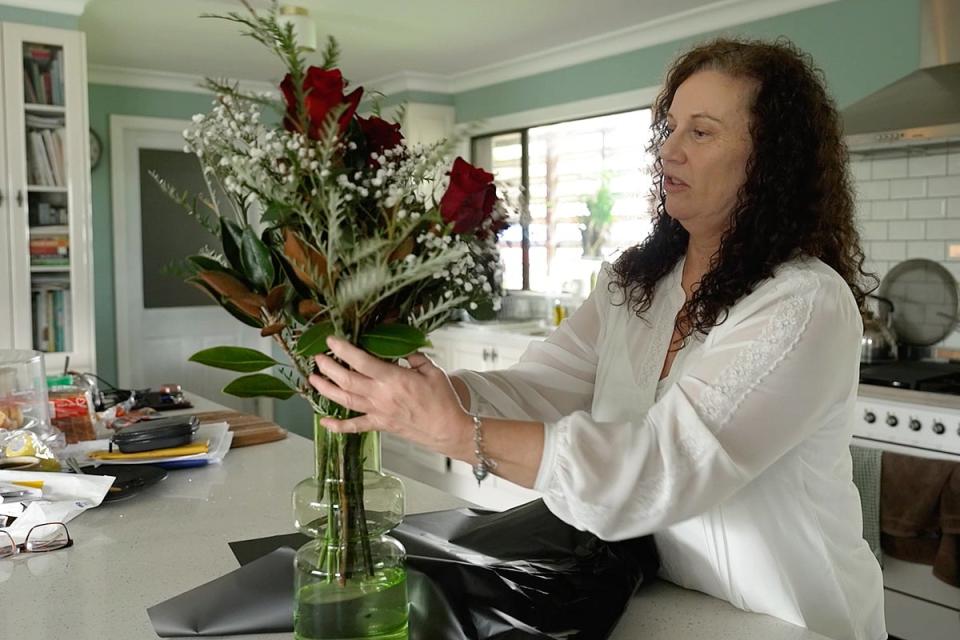
Australian mother Kathleen Folbigg pardoned over the deaths of her four children after more than 20 years in prison says her case is a breakthrough for science.
In a video statement released after she walked free on Monday, the 55-year-old said she was “extremely humbled and extremely grateful” for the pardon and called her release a major victory for “science and especially truth”.
“I have forever and will always, think of my children, grieve for my children, and I miss them and love them terribly.
“My eternal gratitude goes to my friends and family,” she added.
For the first time since she was imprisoned in 2003, Ms Folbigg is said to have slept comfortably.
She was pardoned this week after a judicial review found there was reasonable doubt about her original convictions, and that her children could have died from a genetic mutation.
“She slept for the first time in a real bed, she has made a cup of tea with a real crockery cup and real spoons to stir with, which sounds probably pretty basic to you all, but she’s grateful. Decent tea, you know, real milk,” Tracy Chapman, a friend of Ms Folbigg, said during a televised media conference.
“She said it was the first time she’s been able to sleep properly in 20 years, even though it was brief last night.”
Ms Folbigg was convicted of the murder of her three children and manslaughter of her fourth. She maintained her innocence throughout, saying her children had died of natural causes.
An initial inquiry in 2019 found the evidence reinforced Ms Folbigg’s guilt.
However, a second inquiry led by former chief justice Thomas Bathurst revisited her convictions in 2022 after new evidence suggested two of the children had a genetic mutation that could have caused their deaths.
Mr Bathurst found there was a reasonable possibility three of the children died from natural causes, two due to a genetic mutation known as CALM2-G114R and one because of an underlying neurogenic disorder.

Ms Folbigg is staying at Ms Chapman’s farm about 500km (300 miles) north of Sydney, after her release from prison.
The pair enjoyed Ms Folbigg’s first night of freedom over pizza, garlic bread and coffee liqueur, though Ms Folbigg had wanted steak.
“We didn’t get our steak for dinner, which was a bugger,” Ms Chapman said. “So we’ve had pizza last night.”
Ms Folbigg was mesmerised by the latest gadgets, including iPhones and smart televisions.
“She has watched it in awe. Even the television, she was going, ‘Oh, my god, look at the television, it’s got so many capabilities!’ … she said she’ll be watching some binge TV,” Ms Chapman said.

The unconditional pardon allowed Ms Folbigg to walk free but does not quash her convictions, requiring a ruling from the Court of Appeal.
If quashed, she would be eligible to sue the New South Wales state government for compensation.
Her lawyer Rhanee Rego told reporters it was too early to discuss possible compensation.
“We are just taking it one step at a time but in due course we will certainly being thinking about all options available to her.”
